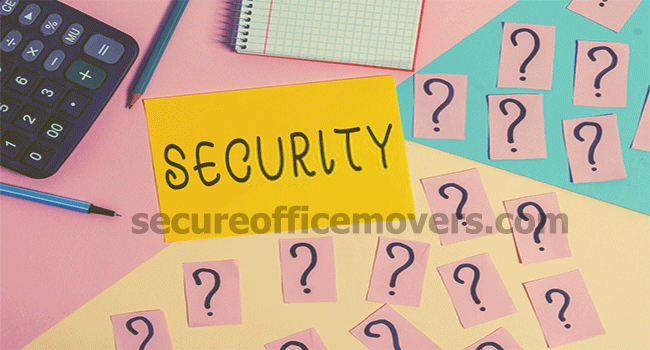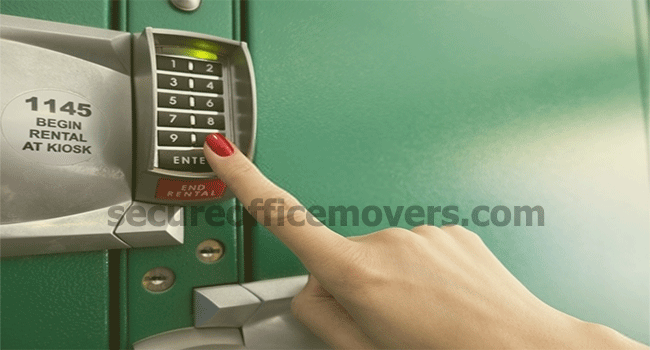Security
We go through a lot of trouble to protect the goods in our home. Furniture, clothing, books, antiques and other possessions are secured behind locked doors, fences and alarms. Usually only a select few people have access to your valuables. The same level (or a greater level) of protection should apply when storing your goods.
The number one concern of a good storage facility should be the security of your goods while in storage. You can decide up front, based on the value of the goods, what security arrangements you feel comfortable with. You can also choose to only visit the facilities that meet your needs. Many people choose a facility based on the value of their goods and the level of security offered by the storage facility.

Different facilities offer different levels of security so check out the security arrangements on your initial visit. Decide up front what minimum security arrangements you are comfortable with. For some, an alarm is sufficient. For others, twenty-four hour onsite security is a must.
The following are some of the security arrangements that facilities will have. Use this as a guide when questioning the facility on their security arrangements.
Fences
Metal picketed fences or complete brick walls offer some protection from trespassers in storage. Brick walls offer greater protection from prying eyes.
Coded gates
A wall or fence is worthless without a secure gate. Coded gates are especially useful in preventing unauthorized access. Only employees and customers of the facility will have the codes. Access will be logged each time people come and go and a record can be kept.
Motion sensors
These can be used both indoors and outdoors for extra protection. They can be connected up to light fittings or alarms or both. The light will automatically turn on when motion is detected and the alarm will sound. The alarm can be set up to notify the police so they can investigate.
Alarms
Alarms are a great crime deterrent for your home, office, and your storage facility. The alarms can be connected to the local police station or simply sound when someone has broken into the facility. Fire alarms are another security measure to protect your goods from being destroyed. These are generally connected to the local fire or police station.
Keypad access
This feature offers great security and peace of mind. You will be given a code to get to your unit. The code may also be used to give you access to hallways, elevators and your floor, adding an extra level of security.
Lighting
Good outside and inside lighting is important. Lighting can be permanent or it can be motion sensitive. Lighting can help deter undesirables from trespassing on storage facilities property.
Locks

You will most likely be responsible for obtaining your own lock and will therefore have total control over access to the unit. However, it is a good idea to leave a key with the warehouse operator in case of emergency. It is also a good idea to let the storage facility know if you plan to give a copy to other people. Some storage facilities may ask for a list of these people. You can arrange for these people to have access whenever they please, or the warehouse operator can contact you prior to giving them access. All facilities are different and many will have different rules regarding access.
On site guards
Some facilities may have onsite security twenty-four hours a day, seven days a week. Others may have a resident manager who doubles as a guard during off hours.
Close Circuit Television (CCTV)
This is an excellent way to monitor who is going where and what they are doing in the facility. In most cases a person will be monitoring these CCTV’s. In some cases the videos will be taped to review at a later time.
Hallway intercoms
This is an excellent way of summoning help. It is also an excellent way of advising people to move away from the restricted areas they should not be in.
